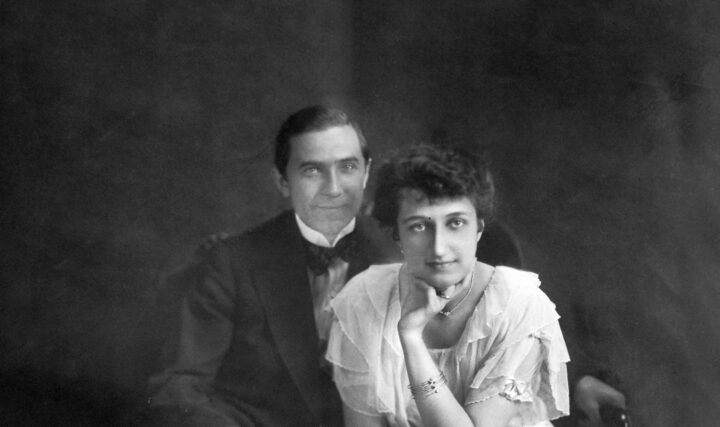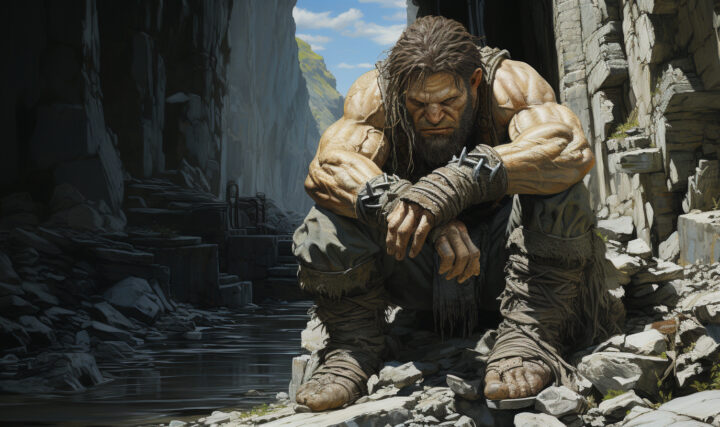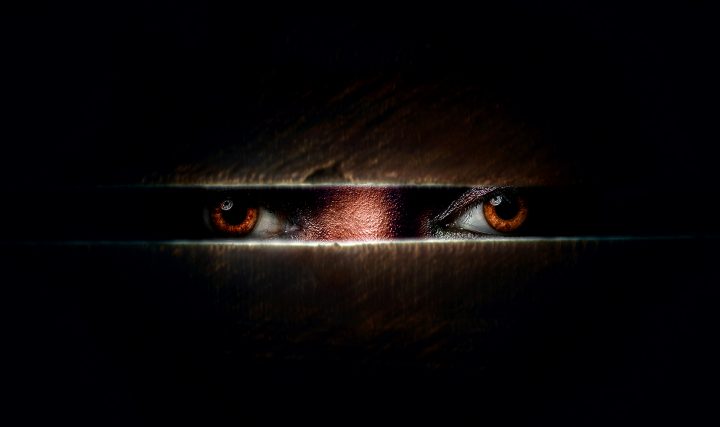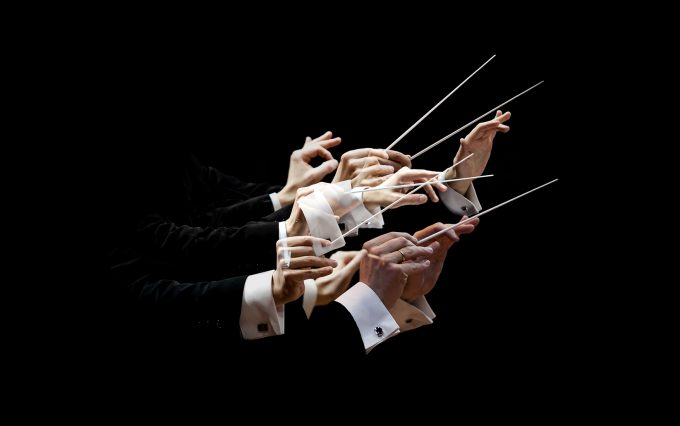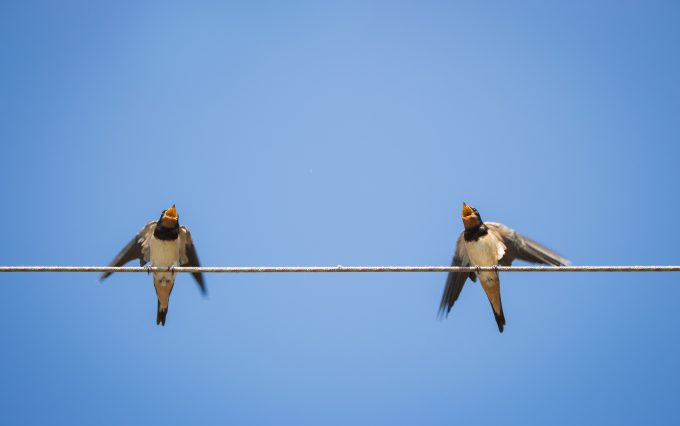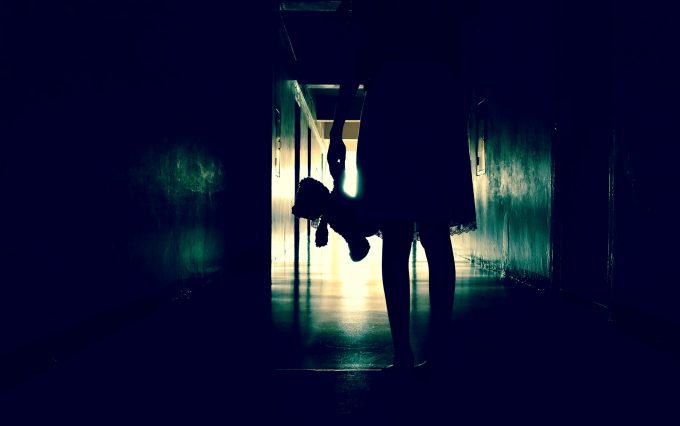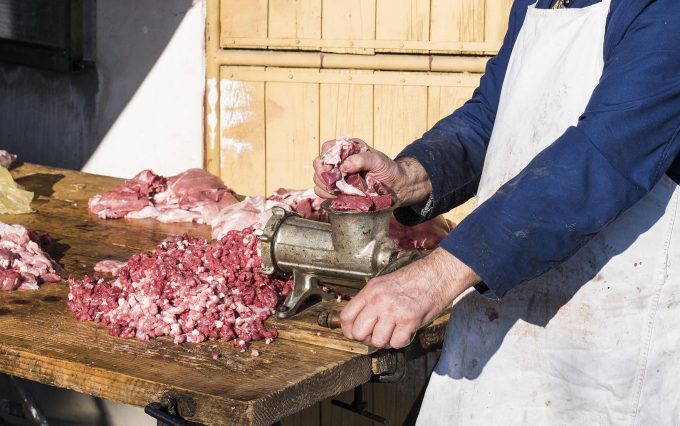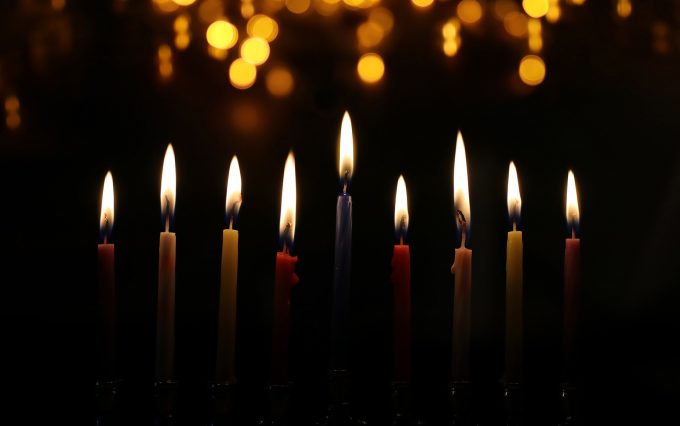In this poem by Ukrainian poet Marjana Savka, we find the call for a realist God who fights, protects, and permits us to not forgive.
Polish writer Maciej Jakubowiak reflects on his grandmother’s absolute faith in a red blinking light, in this essay translated by Mark Ordon.
Reflecting on his own poem, Hungarian writer Árpád Tőzsér asks whether we can believe in a Cosmic Orchestra without a conductor?
Jack Kohl’s literary essay begins with a simple paradox posed by the pianist’s craft that soon transcends music into mortal and spiritual matters.
In this poem by Kateryna Kalytko, at a time of destruction, the Ukrainian poet marvels at the simplicity and the nobility of language.
In this poem, on a train winding through a burnt world towards longed-for shelter, an adult pleads to a desperate child to hold their teddy, to not cry.
While buying some “superb” illegally produced sausages, a bureaucrat tries to come to terms with the thing that lives in his office.
“collapse, rejection, resurrection, / this is what we all longed for, / this broken bread”—Béla Markó, in Anna Bentley’s translation.
“Looking for a road back to a world view that allows for sacred moments,” essayist and novelist Daphne Merkin examines her own faithlessness.

